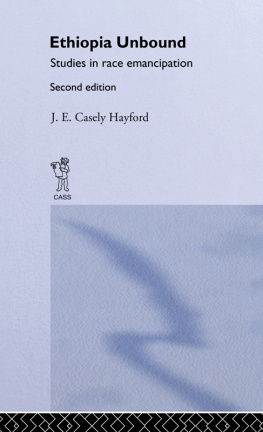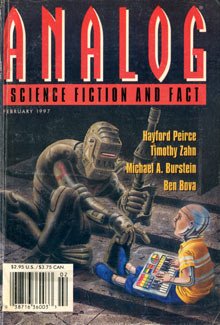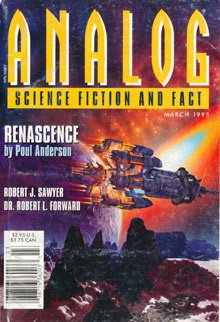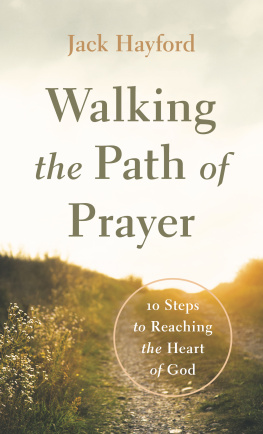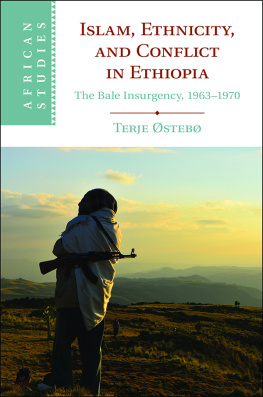This impression first published by
FRANK CASS AND COMPANY LIMITED
This edition published by Routledge 2012
2 Park Square, Milton Park, Abingdon, Oxon, OX14 4RN
711 Third Avenue, New York, NY 10017
Routledge is an imprint of the Taylor & Francis Group, an informa busines
This edition Copyright 1969
| First edition | 1911 |
| Second edition | 1969 |
Transferred to Digital Printing 2005
ISBN: 978-1-136-25253-2(ebk)
ISBN: 978-0-714-61753-4(pbk)
Introduction to the Second Edition
1. THE IMAGES OF AFRICA
IN their early contacts, the African cultural milieu was most unfamiliar to the European adventurer, administrator, trader or missionary. Stone castles, gigantic steel works, cannon, or engine-driven machines with which they had been familiar were nowhere to be found. Neither were cities with well planned streets, buildings and public conveniences easily in evidence. Confronted with this disparity in the level of technological advance between Europe and Africa, the European groped for pseudo-scientific explanations to account for the differences in culture. He was convinced of the superiority of his own culture. Later, to justify the colonization of Africa and racial subjugation, he created and fostered the myth of the natural inferiority of the Negro race. Divines and politicians, physiologists and scientists, remarked Edward W. Blyden, exhausted the resources of their intellect in the endeavour to prove the Negro only quasi-human, an excellent animal, but only an animalborn to serve a superior race.1 To many Europeans the strongest point in favour of the supposed natural inferiority of the Negro race seemed to be the apparent absence of writing. Together with the rudimentary state of African technology, the absence of writing provided ready proof for the belief that the African possesses a distinct type of psyche, a being sui generis. This belief has led to such amusing conclusions as A. B. Elliss contention that Africans evince a degree of intelligence
which, compared with that of the European child, appears precocious; and they acquire knowledge with facility till they arrive at the age of puberty, when the physical nature masters the intellect, and frequently deadens it. This peculiarity, which has been observed amongst others of what are termed the lower races, has been attributed by some physiologists to the early closing of the sutures of the cranium. They can imitate but they cannot invent or even apply. They constantly fail to grasp and to generalize a notion.1
Or Sir Richard Burtons conviction that once an African has become adult,
his mental development is arrested, and thenceforth he grows backwards instead of forwards.2
The general image of the African as conceived by many Europeans especially in the past was that of a child-like monster, incongruously violent and tame, noisy, credulous, dishonest, inconsistent, and incapable of ruling himself. These beliefs, no doubt, provided the ideological justifications for colonialism and imperialism. The reactions of educated Africans to these prejudices in part took the form of cultural nationalism and a keen interest shown by them in African studies. J. E. Hayford, with the exception of E. W. Blyden, is probably the best known nationalist literati who sought through African studies to counteract the horrible and tendentious image of Africa and the African which had accumulated over the centuries.
2. THE UNCROWNED KING OF WEST AFRICA
Joseph Ephraim Casely Hayford, the author of Ethiopia Unbound, was perhaps the greatest nationalist leader in West Africa in his time. He combined good breeding and education with political sagacity and thorough-going patriotism. He was well-equipped for his political role, having been an educationist, a journalist and a legal practitioner.
Born on September 3, 1866, Casely Hayford was the fourth son of Rev. Joseph de Graft Hayford, of Anona Clan, Gold Coast (now Ghana). He attended the Wesleyan Boys High School at Cape Coast. He later went to Fourah Bay College, Freetown, Sierra Leone, and eventually returned to Cape Coast and became a teacher. In due course, he was appointed the Principal of Accra Wesleyan High School.
For a time Hayford served as an articled clerk to one Eiolart, a European legal practitioner in Cape Coast. From there he went to England where he entered the Inner Temple and Peter-house, Cambridge. On November 17, 1896 he was called to the bar and soon after, he returned to the Gold Coast (Ghana), and practised at the Cape Coast, Axim, Sekondi and Accra.
His first wife Beatrice Madeline was the mother of Archie Casely Hayford, a learned barrister, politician, and a minister in post-independence Ghana government. Archie appears to be suggestive of Ekra Kwow, the son of Kwamankra, whose political wisdom was learnt at the feet of his father while yet he was in his teens (Ethiopia Unbound, p. 107); and Casely Hayford no doubt had in mind Beatrice Madeline when he was creating the almost surrealistic relationship between Kwamankra and his wife Mansa. Hayfords second wife, after Madeline, was Adelaide Casely Hayford, an educationist in her own right, born in Freetown. She was the mother of the late Gladys Hayford who was an actress with a remarkable poetic sensibility. Adelaide was the founder and Principal of an Industrial Institution for girls in Freetown.1
Casely Hayford was one of the early nationalist-journalists. He began his journalistic career under his uncle, Prince Drew of Dunkwa, editor of the Western Echo. Later, in 1893, he joined his uncles Gold Coast Chronicle as its sub-editor. Hayford afterwards became the editor of the Gold Coast Echo for two years. He was joint-editor with Attoh Ahuma of the Wesleyan Methodist Times.
The part played by the press in awakening the political consciousness of the masses of African people has been profound. The press was the most important link between the small but expanding group of educated West Africans in Gambia, Sierra Leone, Ghana and Nigeria, especially during the latter part of the 19th and the early part of the present centuries.
In Freetown, The Sierra Leone Weekly News which serially published Blydens African Life andCustoms (1908), was instrumental in disseminating nationalistic ideas and propaganda. There was a proliferation of newspapers both in Lagos and Ghana between the 1880s and the 1930s. Most were, however, short-lived. Between 1890 and 1930 the Lagos Standard, The Lagos Weekly Record, the Lagos Daily News, the Lagos Daily Record, the Nigerian Times, the Times of Nigeria, the Nigerian Pioneer, the Nigeria Spectator and the Nigeria Advocate were among the papers published in Nigeria. In general, these papers had one objective in common: to inspire African nationalism and expose African discontent and frustrations with British imperial policy, which was characterised by discriminatory measures against the educated Africans and a go-slow attitude towards modernisation. James Coleman has remarked, for example, that From 1891 to the early 1930s,


